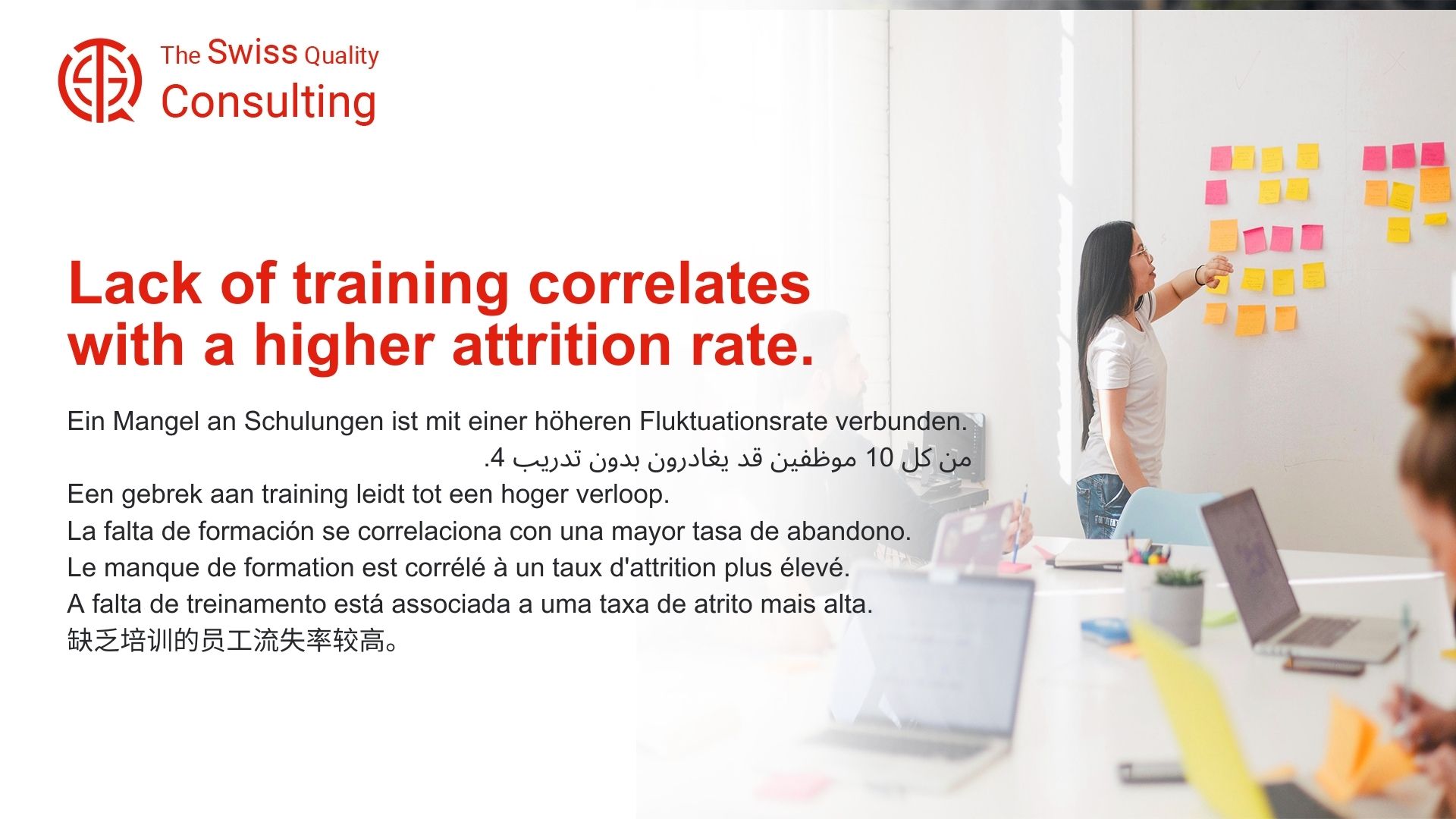Enhance Profit Margins through Cost-Tracking Tools
In today’s fast-paced business world, one of the key drivers of success is effective cost management. Whether you run a small startup or a large corporation, keeping a close eye on your expenses is essential for long-term sustainability and profitability. Cost-tracking tools have emerged as indispensable assets for businesses seeking to optimize their financial health. In this article, we’ll explore the importance of cost tracking and how these tools can help you achieve your financial goals.
Cost-Tracking: A Necessity for Business:
Running a successful business demands constant attention to financial details. Every dollar saved directly contributes to your bottom line. Cost-tracking tools are designed to help you achieve this by providing a comprehensive view of your expenses, thereby enabling informed decision-making. In a globalized market with unpredictable economic fluctuations, efficient cost tracking is the key to maintaining a competitive edge.
Understanding Cost-Tracking Tools:
Cost-tracking tools come in various forms, from simple spreadsheets to sophisticated software platforms. They help you record, categorize, and analyze your expenses. These tools track both fixed and variable costs, allowing you to identify areas where you can cut unnecessary spending or reallocate resources to enhance profitability.
Key Benefits of Cost-Tracking Tools:
1. Improved Financial Visibility: With these tools, you can gain a clear understanding of where your money is going. This visibility is crucial for identifying inefficiencies and potential cost-saving opportunities.
2. Budget Optimization: Cost-tracking tools help you create and manage budgets effectively. By setting clear financial targets and regularly comparing your actual expenses to your budget, you can adjust your spending to stay on track.
3. Data-Driven Decision-Making: Data is the cornerstone of informed decision-making. Cost-tracking tools provide you with actionable insights based on your historical expenses, allowing you to make strategic choices for your business.
4. Efficiency Gains: Streamlining your expenses through cost tracking can lead to increased efficiency. By eliminating redundant or wasteful expenditures, you can direct your resources toward more productive areas.
5. Competitive Advantage: A well-managed business is inherently more competitive. Cost tracking enables you to optimize your pricing, allowing you to provide better value to your customers and potentially gain a competitive edge.
Selecting the Right Cost-Tracking Tool:
Choosing the right cost-tracking tool for your business is crucial. Consider factors such as the size and complexity of your operations, the volume of transactions, and the specific features you need. It’s essential to strike a balance between functionality and ease of use. Some popular options include QuickBooks, Expensify, and FreshBooks for small businesses, while larger enterprises often opt for ERP systems like SAP and Oracle.
Implementing Cost-Tracking Tools:
Once you’ve chosen a cost-tracking tool that suits your business, it’s time to implement it effectively. Here are some steps to consider:
1. Data Input: Start by entering your financial data into the system. This includes expenses, income, and any other relevant financial information.
2. Categorization: Create expense categories that make sense for your business. This helps in organizing your expenses and understanding where the money is being spent.
3. Regular Updates: Consistency is key. Ensure that you update your cost-tracking tool regularly, ideally in real-time or at least on a daily or weekly basis.
4. Analysis: Use the insights provided by the tool to analyze your expenses. Look for trends, areas of overspending, and opportunities for cost reduction.
5. Adjustment: Based on your analysis, make necessary adjustments to your financial strategy. This may include reallocating resources, reducing expenses, or finding ways to increase revenue.
In a world where profit maximization is a common goal for businesses of all sizes, effective cost tracking is paramount. By leveraging cost-tracking tools, you can gain a deeper understanding of your financial landscape, make informed decisions, and drive your business toward long-term success. The benefits of these tools are numerous, including improved financial visibility, budget optimization, data-driven decision-making, efficiency gains, and a competitive advantage.
Remember that selecting the right tool for your business and implementing it effectively are essential steps in this process. By consistently tracking and analyzing your expenses, you can uncover opportunities for cost savings, resource reallocation, and ultimately, profit maximization.
Cost-tracking tools are not just an option but a necessity in the modern business landscape. They empower you to make more informed decisions and strategically manage your finances. With these tools, you can take control of your business’s financial health and maximize profitability.
#CostTracking #BusinessEfficiency #FinancialManagement #ProfitMaximization #ExpenseMonitoring
















